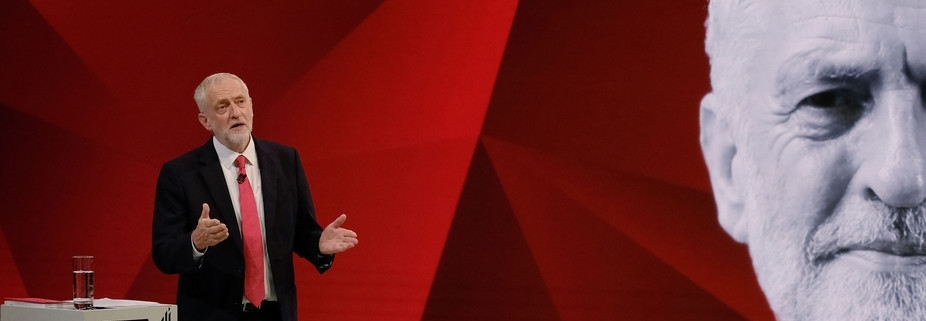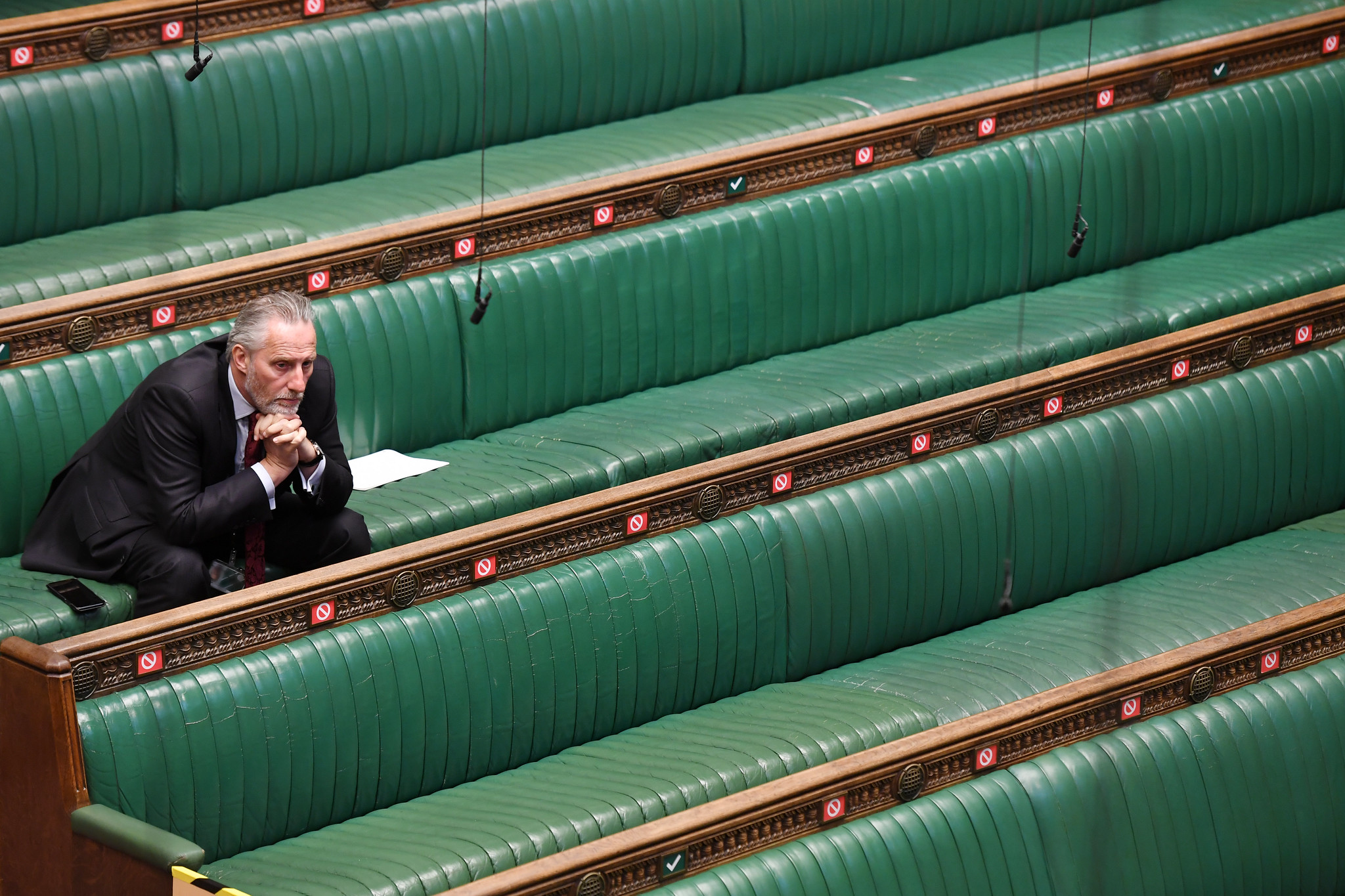As the Labour Party Conference takes place this week, Toby James considers whether Jeremy Cobyn is heading for Number 10.
Jeremy Corbyn entered the 2016 Labour party conference freshly re-elected as leader. The jubilant support for him at the leadership election was met in equal share with bemusement in other quarters, however. Opposition parties are supposed to win seats in local elections through anti-government protest votes, but Labour had lost seats in the local elections. Labour was flagging in the opinion polls and criticism from parliamentary dissenters was rife. “In 34 years of watching Westminster, I have never seen a party so riven,” wrote one commentator. Corbyn’s impassioned call in his 2016 conference speech was to “accept the decision of the members, end the trench warfare and work together”. For many, it felt like an attempt to paper over the cracks.
Now, a year later, Labour leads in the opinion polls. Let’s say that again. It leads. The party’s much anticipated demolition at the general election in June never happened. Theresa May lost her parliamentary majority and continues to struggle to keep her party in line. The person dismissed as “unelectable” and “not prime ministerial material” somehow finds himself in charge of the party out in front, according to YouGov polling.

Based on data from UK Polling Report., Author provided
So is Corbyn now a prime minister in waiting? Not quite. Or at least, not quite yet.
A general election is not on the immediate horizon, for a start. Labour may have repeatedly called on the government to go to the polls, but a governing party is not going to rush another snap election in the current situation.
The situation is very unstable, however. May never did face an open leadership challenge over the summer but hawks within her party might just be still be looking for an opportunity to mount a bid. If successful, then a new leader would surely want to use a honeymoon period to snatch an outright majority in a snap general election. Corbyn’s chance then would then present itself.
But even then, more people need to be won over. If we have learnt one thing from British politics recently, it’s that what people say in an opinion poll is not necessarily what they say at the ballot box. The polls therefore can’t be relied on and the fact remains that Labour didn’t win over enough people in June to win the election.
Corbyn still needs to broaden the appeal of himself and the party. In the 1990s, Labour did that by moving to the centre ground. But we should be clear that the “centre ground” in British Politics is no longer the Mondeo Man – a hypothetical person standing in a moderate position between working class and middle class. British politics is now divided along different cleavages: between old and young, liberal Europeanist and conservative anti-Europeanists. Broadening an appeal across this gap is ever more difficult when attitudes are hardening.
This is an even greater challenge for Labour because it still has a Brexit problem. During the election campaign, the party benefited from the accidental ambiguity over its position on Europe. It publicly supported Brexit but manoeuvred to also criticise the government on its approach. But now comes a tactical problem. Labour’s core base is younger voters, but they are also the most anti-Brexit. The older voters they may need to chase are the most pro-Brexit. Where to go?
And, of course, there is still a party management problem. Corbyn may be riding high in the polls, but opinion polls always have short-term shifts. There remains much disagreement about Brexit, as an open letter from over 30 MPs illustrates. As Corbyn’s fortunes in the polls ebb and flow, don’t expect parliamentary critics to stay quiet.
Shifting waters
Despite these challenges, politics is on the move. The Brexit negotiation soap opera will have many more twists and turns. There will be many more unexpected winners and losers among the parliamentary elites as a result. This will profoundly affect Corbyn and Labour’s fortunes.
Economic conditions for many UK citizens also remains fragile. Real wages have seen no growth for decade. Household debt is rising. Unemployment might be declining, but many jobs are insecure, short-term and low paid.
![]() These are part of profounder challenges facing many of the older advanced economies. In these new times, old assumptions about politics don’t hold and new types of leaders have emerged. So as the parliamentary establishment obsesses about Brexit, shifts in public opinion may still follow making British politics an unknown quantity. In these choppy waters, it is not clear what will happen. But they don’t tend to help incumbents.
These are part of profounder challenges facing many of the older advanced economies. In these new times, old assumptions about politics don’t hold and new types of leaders have emerged. So as the parliamentary establishment obsesses about Brexit, shifts in public opinion may still follow making British politics an unknown quantity. In these choppy waters, it is not clear what will happen. But they don’t tend to help incumbents.
Toby S. James, Senior Lecturer in British & Comparative Politics, University of East Anglia
This article was originally published on The Conversation. Read the original article.





